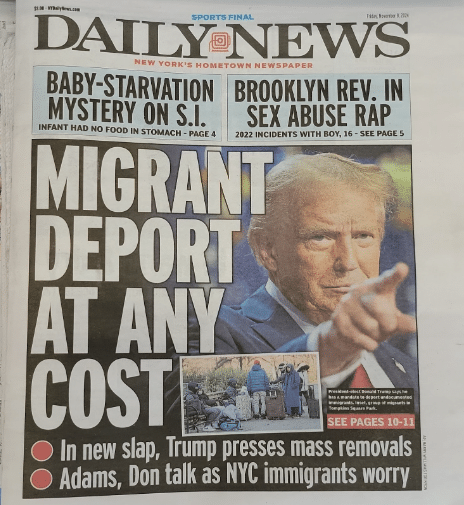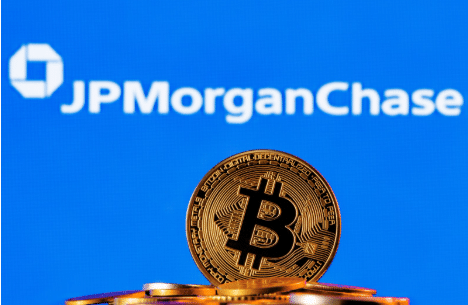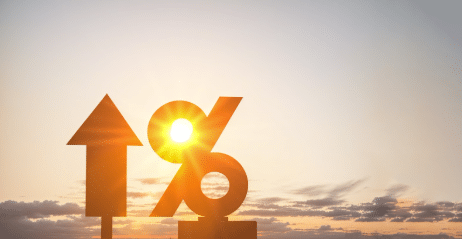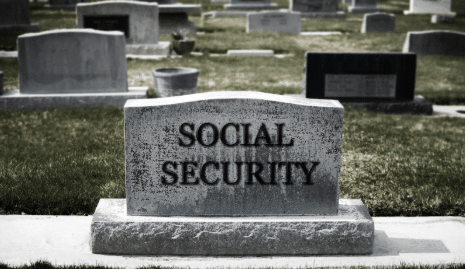
Wait For A Better Time to Buy Real Estate
EDITOR NOTE: With mortgage rates at all time lows, many first-time buyers are ignoring widespread economic uncertainties to borrow their way “cheaply” into the American Dream of home ownership. Meanwhile, many homeowners are also using this opportunity amid high demand and rising home prices to sell their homes and move to the “burbs” or upgrade. All of this amid a K-shaped recovery, where rents are falling sharply, occupancy rates remain low, unemployment high--all of it making home prices relatively overvalued. Is this really the right time to buy a home? The author below thinks not. If you’re looking to buy into an overvalued market, here are a few important things to consider.
More than 40 % of Americans are working from home, and among them the urge to “work nest” is strong. My sister-in-law turned the family shed into a “shoffice,” with charming homemade curtains hiding the tools and a pillow for the pandemic puppy. Surging home prices suggest that many who are working from home and find themselves shedless are in the market for a bigger house.
I hope to put a big yellow “Slow” sign on home-buying in a pandemic. The housing market may be soaring because of bad information and short-term thinking. You don’t know whether bosses will make work-from-home permanent or who will be targeted for downsizing. You may come to rue buying at a time when inventory is so low and prices so high.
Regret is already in the air. LendEDU, a financial information website, surveyed 1,000 mortgage holders in August and found that most people who bought houses after March 2020 already regretted taking out a mortgage. The survey is not scientific, but the results make sense. Record low mortgage rates enticed new buyers, while urban hotspots for the virus drove people out of cities. In July, there was a 56% drop in Manhattan property sales and a 44% increase in the city’s neighboring suburbs. Home prices in nearby New Jersey counties increased over 11% while New York City prices fell 13% compared to last summer.
Buying in a sellers’ market is not a good move. Home sellers are taking their once-in-a-lifetime moment to sell their house substantially over asking prices, asking prices that were connected to rental prices in the neighborhood. Conventional financial advice suggests if a home costs more than 20 times the annual rent the home could fetch, the house is probably overvalued — a $400,000 home should rent for $1,667 per month or more. In times of low mortgage rates, the breakeven ratio can be a bit higher. But in this K-shaped recovery, rents are falling, occupancy rates are down, and your house might remain overpriced.
Because homeownership has always been messaged as a mandatory part of the American Dream and subsidized by the federal government, homeownership is always a bit overrated. Owning a home might be beneficial over the long run … if the house price appreciates more than a diversified financial portfolio, or if people don’t have to move for their jobs or family, or if marriages last, or if neighborhoods and financial situations don’t change much. In some areas, rental stock can be lower quality for the same carrying costs as homes. And some people list home repair as a hobby.
But, for most people, calling the landlord when things go wrong is a benefit, and many home buyers forget to budget for home repair and maintenance which typically costs 2-4% of a house’s value per year. Most homeowners at some point regret having to mow the lawn and clean the gutters on weekends. At many rental apartment complexes, luxuries such as professional landscaping and outdoor maintenance come standard.
Another advantage to renting is avoiding the down payment. If you put a chunk of money, say $50,000, into a down payment, you forgo earning higher risk-adjusted returns on a low-fee index fund, which is a lot more liquid and a lot less expensive to manage than putting all those eggs in one basket.
Renters also have more flexibility than homeowners, and flexibility is good for employees — especially with so many uncertainties, from the long-term fate of the economy, to the potential for a new federal stimulus, to whether bosses will require physical presence in the future. Renters can more readily move for a pay raise or a new job.
While there can be certain tax advantages to owning a home, these may not last forever. Economist Dambisa Moyo warns that government support for policies subsidizing homeownership (such as loan guarantees and mortgage tax deductions) may wane as future Congresses look for new revenue to forestall soaring deficits.
A pay cut or job loss might even lead homeowners to sell assets in their retirement accounts — sometimes at their lowest values — to pay the mortgage. This is a terrible financial setback; some of the worst-hit families in the Great Recession were those who lost their jobs and were stuck in their homes. But renters can simply move to a cheaper place.
My advice is to wait to buy a home until the economy, the virus and Congressional policies stabilize. Sharing a small space is tough. But paying for a bigger one can be even tougher.
Originally posted on Bloomberg
The financial market is crumbling and EVERYONE will be affected. Only those who know what's going on and PREPARE will survive... dare we say thrive. Our 7 Simple Action Items to Protect Your Bank Account will give you the tools you need to make informed decisions to protect yourself and the ones you love.









